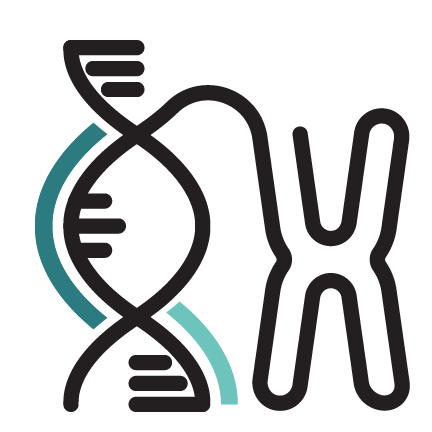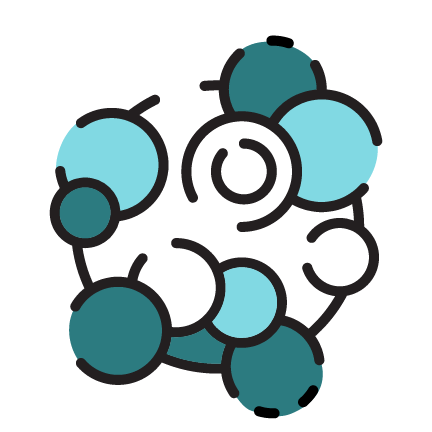Basic Science Research
CU Anschutz Ovarian Cancer Innovations Group (OCIG)
Basic Science Research
Basic science research delves into fundamental biological, chemical, and physical processes, serving as the cornerstone for translating discoveries into clinical applications and medical advancements. Employing animal experiments, cell studies, and computational models, our research aims to better understand tumor formation, treatment resistance, genetic and molecular pathways, the tumor microenvironment, cellular signaling, and metastasis.
Our Research

Genetic and Molecular Pathways
Identifying and investigating mutations, such as BRCA1 or BRCA2, and molecular alterations in genes and proteins driving ovarian cancer formation, progression, metastasis, and subtype variations across populations.

Tumor Microenvironment (TME) and Cell Signaling
Studying the interaction between cancer cells and their surrounding environment, including immune and stromal cells as well as signaling molecules. The microenvironment significantly influences tumor behavior and treatment responses, especially in ovarian cancer.

Mechanism of Drug Resistance
Understanding how ovarian cancer cells develop resistance to chemotherapy and other treatments and finding ways to overcome this resistance.
Understanding these mechanisms and processes is crucial for identifying potential targets and developing effective treatments.
Contact Info
Freda Ireigbe, MHAOCIG Program Manager
13001 East 17th Place
Suite C5010
Aurora, CO 80045
Email: [email protected]
Phone: (303) 724-2435
Contact Info
Freda Ireigbe, MHAOCIG Program Manager
13001 East 17th Place
Suite C5010
Aurora, CO 80045
Email: [email protected]
Phone: (303) 724-2435